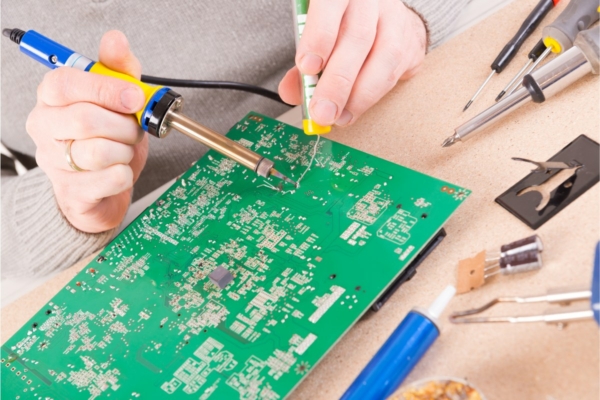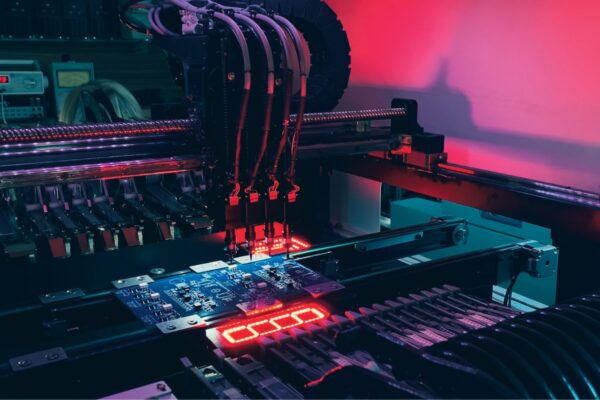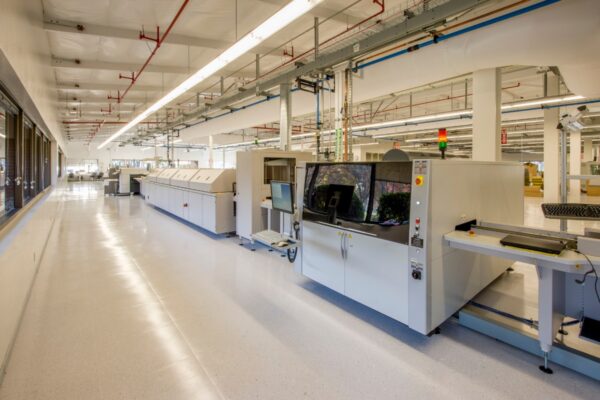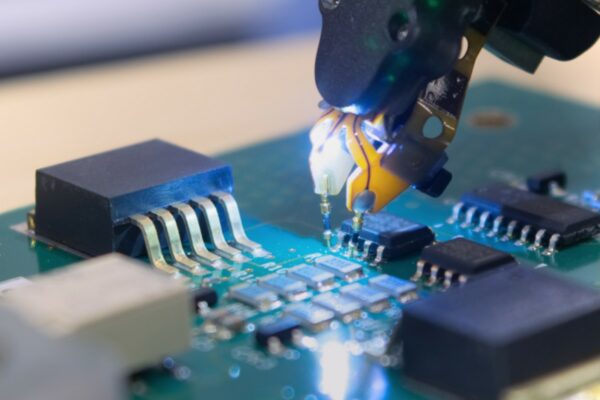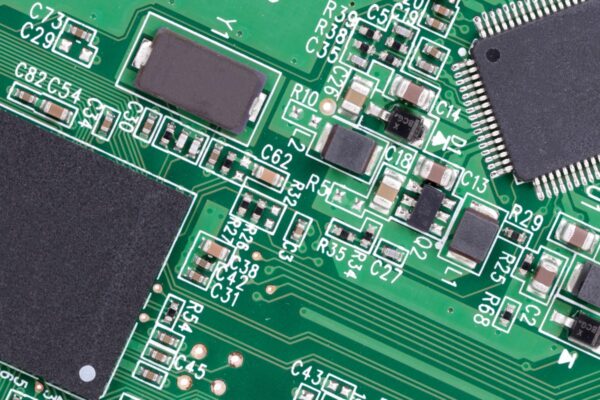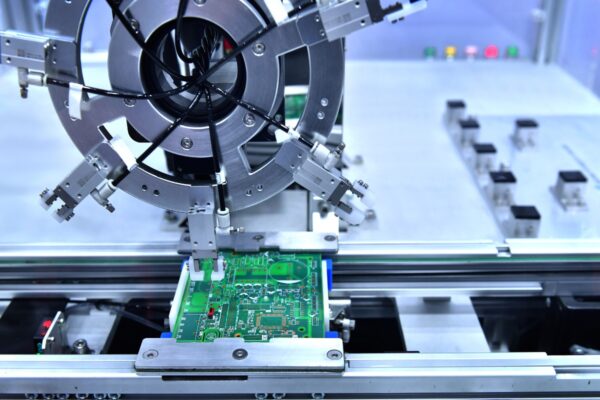What is Liquation
Liquation is a metallurgical process to separate metals, particularly copper and silver, based on their different melting points. When a solder alloy with a long melting range is heated too slowly, the phase with the lowest melting point begins to flow first, resulting in liquation. This process causes a change in composition and a higher melting point in the remaining material, making it less likely to flow readily. As a result, unsound and unsightly joints are commonly observed.
Historically, liquation has been utilized in the extraction of silver from copper ore. The process involves heating and melting a mixture of metals, allowing the copper and silver to separate due to their distinct melting points. This method was first documented in the mid-15th century in Germany, where liquation plants were established with custom-made furnaces, showcasing the advanced technology of that era.
